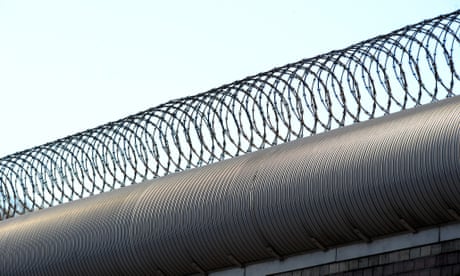- by foxnews
- 19 Mar 2025
Refugees alleging horrific treatment in Australian detention centres face lengthy court delays
Refugees alleging horrific treatment in Australian detention centres face lengthy court delays
- by theguardian
- 03 Mar 2023
- in news

Fifty refugees who allege they endured horrific treatment in now-defunct South Australian detention centres are facing vast and unexplained delays to their cases against the government, which threaten to languish in the courts for more than a decade.
Documents filed in the 50 cases before the South Australian district court paint a disturbing picture about the treatment of detainees in the Port Hedland, Woomera and Baxter onshore detention centres in the early 2000s.
The documents allege detainees were beaten by guards with batons, subjected to frequent and unnecessary strip-searches, called by numbers rather than names, and placed in restraints and handcuffs to attend medical appointments.
Most of the 50 refugees allege they directly witnessed fellow detainees self-harming and attempting suicide. Many, including children, spoke of starving themselves in protest. Some sewed their lips together to do so.
Another spoke of being beaten by guards while a bystander in a detention centre riot in mid-2000.
In another, the detainee said he saw a fellow detainee climb to the top of a perimeter fence and jump into razor wire.
Many of the refugees fled situations of violence, torture and persecution, including in Iraq and Iran, and their lawyers allege the government knew they were at risk of psychiatric injury. Despite their history of trauma, and clear signs that many were suffering in detention, the cases allege the government was negligent in failing to provide proper psychiatric care or treatment.
Most of the civil claims were lodged in 2014 in the district court. Just one of the 50 cases has made it to trial in the nine years since.
Shine Lawyers, which is representing all the SA refugees, says it fears the cases will languish in the courts for another decade at the current rate.
The Howard-era policy of mandatory and indefinite detention in onshore centres like Woomera and Baxter, including of children, prompted widespread criticism from human rights groups and precipitated the notorious Pacific Solution.
- by foxnews
- descember 09, 2016
Expedia customer says hotel requested cancellation because rate was too 'low'
A woman traveling overseas says she booked a hotel room through Expedia.com, only for the hotel to call and ask her to cancel due to the rate being too "low."
read more


